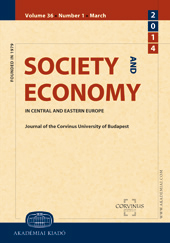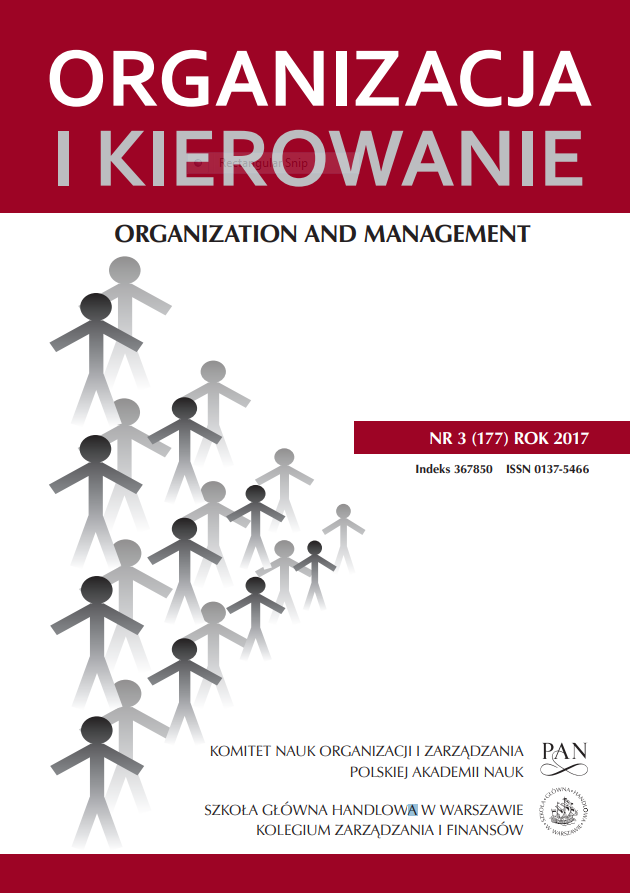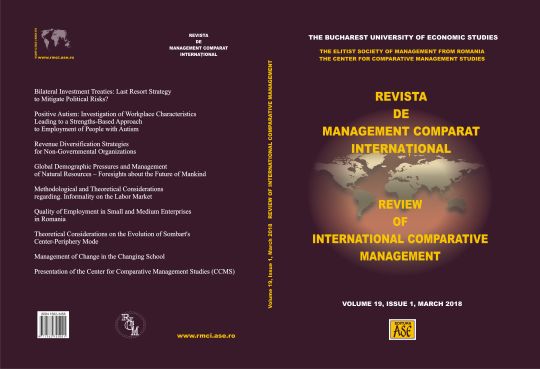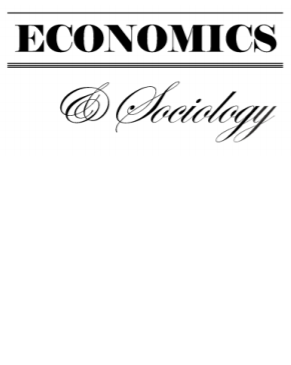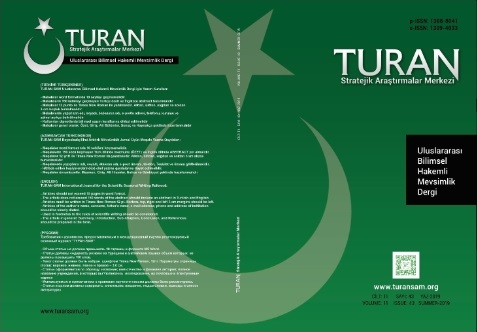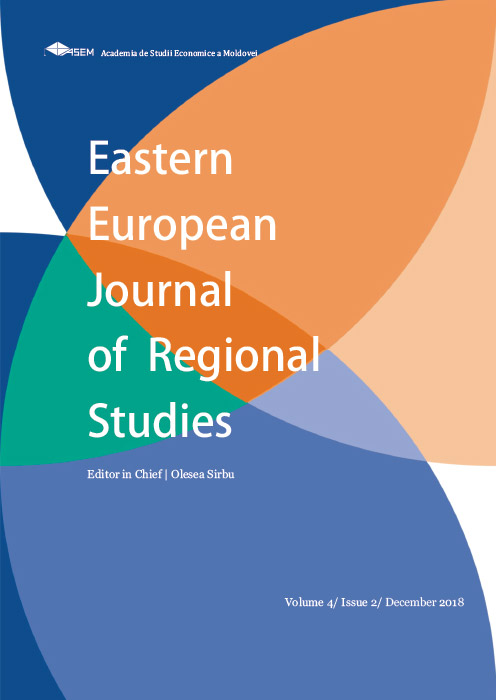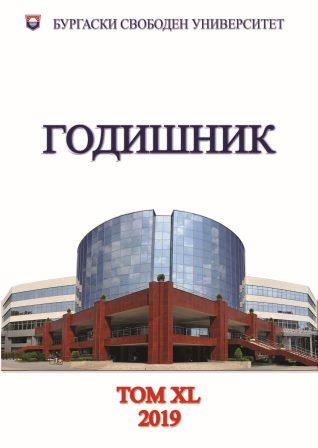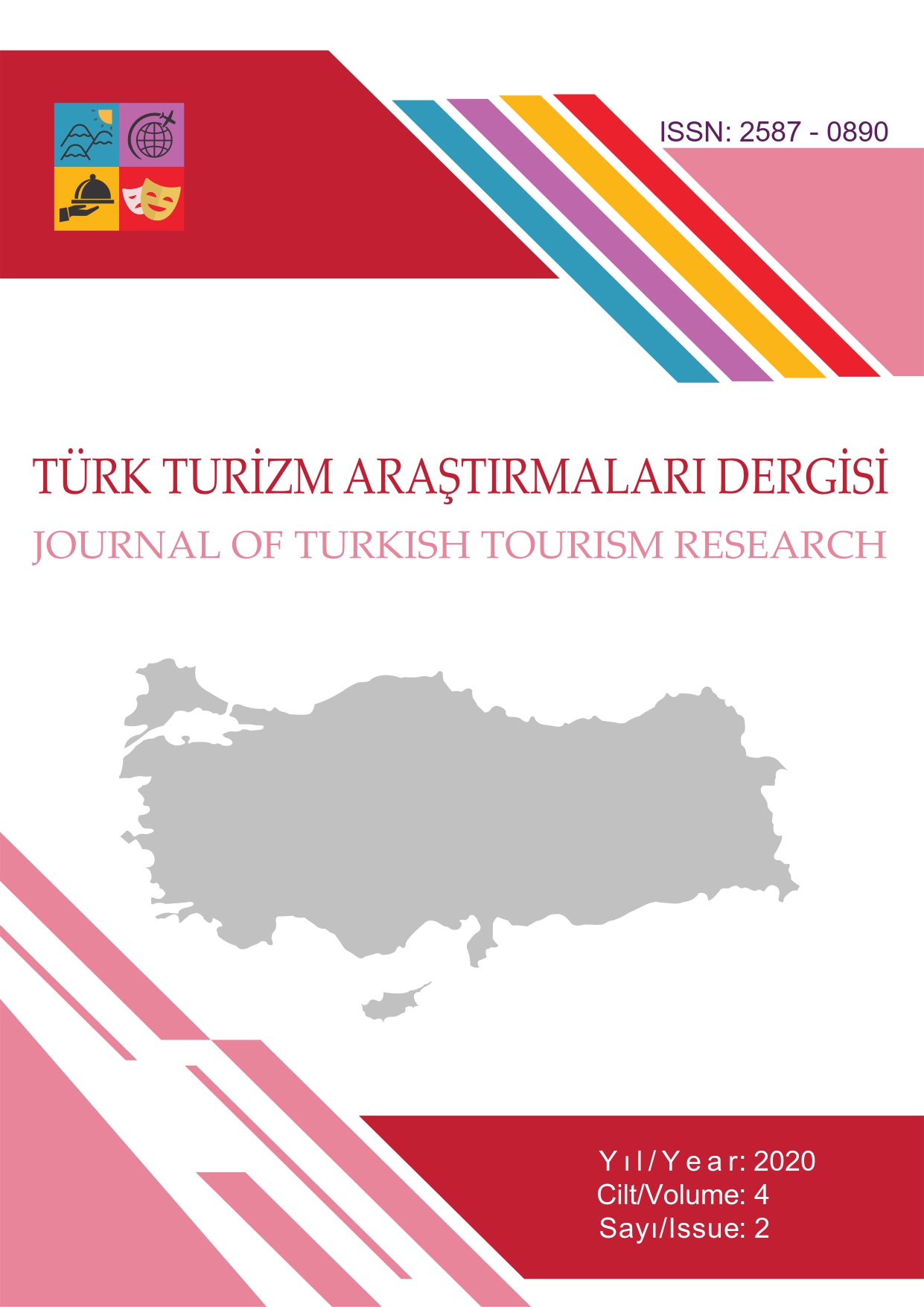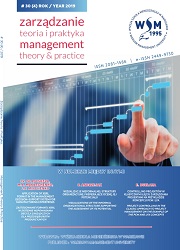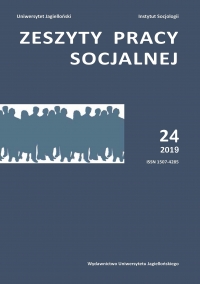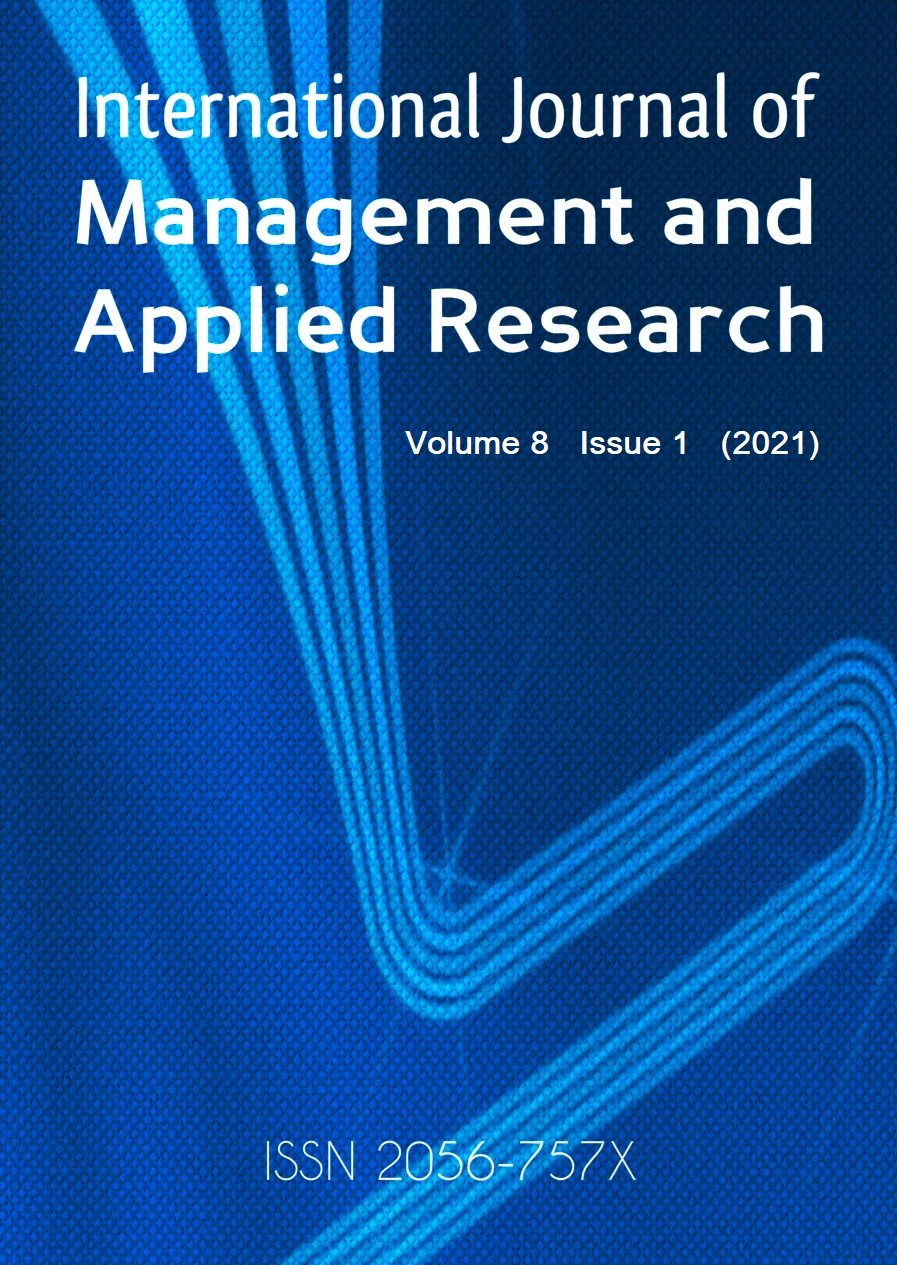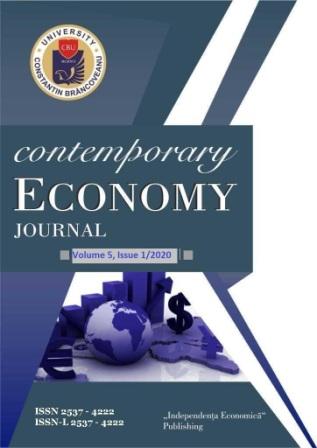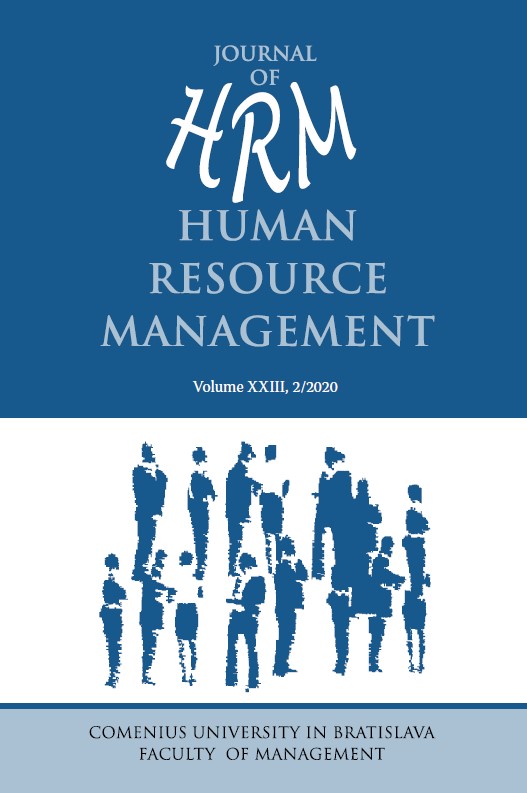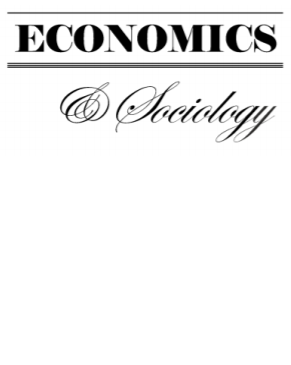Author(s): Ömer Yılmaz,Nuri Akgün / Language(s): Turkish
Issue: 2/2019
This study aims to examine the prospective teachers’ views on democracy, democracy in schools and democratic teacher behaviors. The research was conducted with a basic qualitative research method. The study group consists of 48 junior-level teacher candidates studying in Social Studies Education undergraduate program at a state university in Turkey’s western Black Sea. 27 of the teacher candidates in the study group are female and 21 are male. According to pre-service teachers’ views on democracy, the basic rights of democracy, including universal values such as equality, justice, seeking rights and free-thinking; self-governance, participation in administration, a method of decision-making, the most humane management for society, a necessity for the whole community; It includes social values such as taking individual differences into consideration, giving importance to the thoughts of others and showing holistic attitudes. On the other hand, behaviors related to the democratic values that the teachers should exhibit are equal approach to the students, to be fair, to be impartial, to receive the ideas and thoughts of the students, to give the students the right to select and to be elected, to be free, unbiased, respectful, positive, modest, prejudice, humanistic, not to be self-centred value. Teacher behaviors related to the classroom are teacher’s interaction with all students while managing the classroom, the common rules of the class, such as listening to students are behaviors. The fact that democracy gained to students in schools acquires universal values such as equality, seeking rights, being fair, independent and free, social justice, tolerance and respect; It has been concluded that it provides values that include some democratic citizen behaviors such as being able to make joint decisions, taking their own decisions, being involved in management and being self-confident and providing efficiency, competition, freedom and a healthy environment in education and training.
More...
